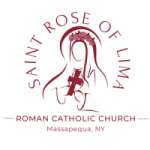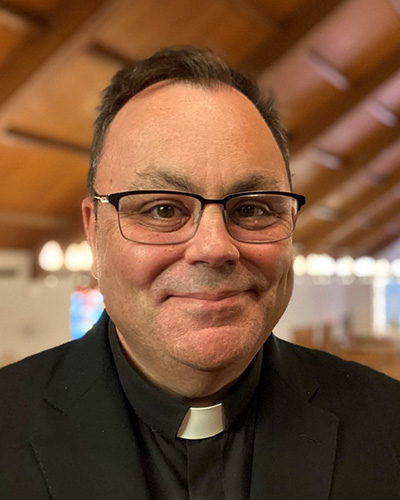How shall I make a return to the LORD for all the good he has done for me? The cup of salvation I will take up, and I will call upon the name of the LORD.
Before we return to Ordinary Time Sundays, we celebrate a solemnity dedicated to the sacrament of the Holy Eucharist. Is our celebration today different than any other mass? It is not; however, it is an opportunity to celebrate what we sometimes take for granted. The gift of the Eucharist is an encounter which calls for our full and active participation. Jesus has given us the instruction to take his body and to make it part of ourselves. Today’s special feast awakens us from passivity; Mass is not for spectators.
Sixty-one years ago, the Second Vatican Council promulgated its first document, the Constitution on the Sacred Liturgy. The tone for this document, and the entire spirit of the council, was captured in the phrase that called for the Full, Active, and Conscious Participation by the faithful in the liturgy. While this mandate certainly includes singing at the proper times, listening at the proper times, responding at the proper times, kneeling at the proper times and so forth, it also includes the “right disposition” and a spirit of prayer. The attitude and preparation that we bring to the mass ought to be for one’s own fulfillment and that of others. Participation, first and foremost, is something interior; it means that your mind and heart are awake, alert and engaged – so that our experience is personally fulfilling, and so that we might be alive in Christ for others.
When mass ends, we have a job to do – that we go out into the world. During his earthly ministry, Jesus sent his disciples out to the towns and villages ahead of him. He called them, not to hang out with him as members of an exclusive club, but to know him intimately so others might know him as well. As they left the Last Supper, Jesus commanded them to stay awake because this mission was now theirs. This command is ours, too. As we gather to celebrate our faith in the Holy Eucharist, I offer you these questions for reflection:
- When I attend mass, what am I being called to do as a disciple?
- For what mission is this sacred and spiritual meal nourishing me?
- Am I fully and actively attending mass, or am I simply observing the actions of others?
FATHER, YOU SHOULD TELL PEOPLE TO ……. Fill in the blank at the end of the previous sentence. Whatever you come up with, I am sure it has been said to me. It is particularly said in the context of what people wear to church and how they act in church. Today’s feast day, therefore, can provide a teachable moment on these topics.
The Catechism of the Catholic Church says this about our presence at the celebration of the Holy Eucharist:
Bodily demeanor (gestures, clothing) ought to convey the respect, solemnity, and joy of this moment when Christ becomes our guest. [1387]
Clearly, our time at mass is different than the other moments of our lives. The way we dress is an outward expression of the respect we are giving to Christ and his church. Our attire need not be formal, but it ought not to be as casual as what we would wear to the pool, beach, gym or on the couch as we watch TV at night.
Those who serve in ministry as lectors, ushers, or extraordinary ministers of Holy Communion should be mindful that they are held to an even greater standard because of their special role in the liturgy.
The quote from the catechism also speaks of gesture – genuflecting to the tabernacle, refraining from gum chewing and maintaining a spirit of silence in the church before and after Mass. While they are small, our vestibules are places in our church that allow us to gather for greeting and conversation while maintaining a place for prayer and silence in the church itself.
Finally, reverence for the Eucharist can also be reflected in how we keep our church. Please return books to the racks and take bulletins and other papers with you. Sharing in the responsibility of keeping the church tidy is an important way to convey respect for the Lord and the community of faith in our church.
Knowing how to properly receive Holy Communion as well as the regular practice of the Sacrament of Reconciliation are necessary acts of preparation for our own reception of Holy Communion.
I am sure these thoughts will win both words of gratitude and disagreement, but I think they are important to reflect on.
Peace!

